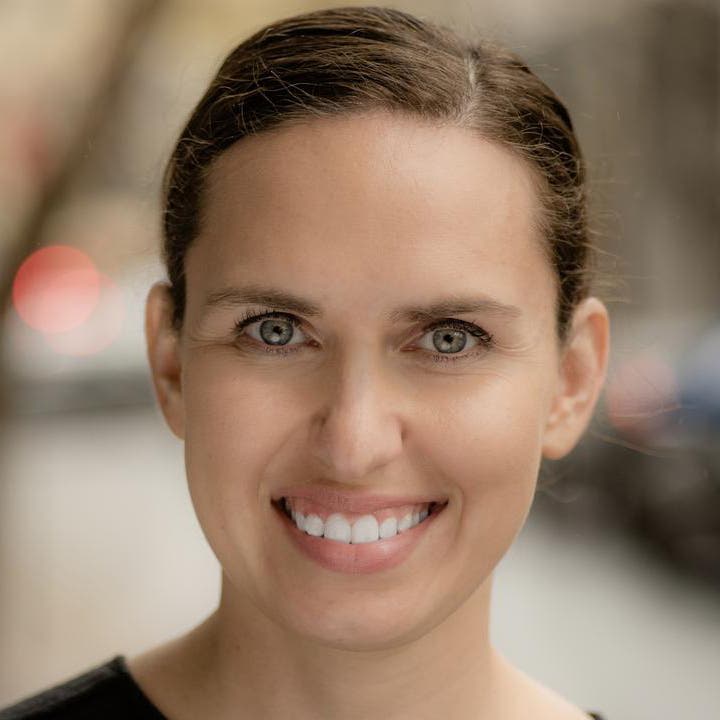When the Black Lives Matter (BLM) movement began, brands in Australia were left somewhat perplexed.
People were unsure about whether to put a black square on the company Instagram [L‘Oréal example below], whether they should be focusing on America, Australia, or both, and what they should say, if anything, on Aboriginal deaths in custody.
It was mildly shocking to think that in a nation where these issues are so relevant and intrinsic to the lives of First Nations peoples, that much of the country still sat in discomfort.
When these events happen- and they happen far too often in Australia- they force a wedge in a nation that needs to reshape and reimagine itself in a modern era.
Two years on from BLM, the brands who deeply understand its relevance, are those who are awake to opportunity.
To reshape our future, we must have a reckoning. We should not just be focused on the ways of the new, but rather, the ways of the ancient. First Nations creativity and leadership will be absolutely critical to who we are becoming.
The brands of modern Australia will not only have a significant role to play in how we present ourselves to the world, but fundamentally, to who we are.
This means readdressing the behaviours, values, approaches and ideas that underpin how we embrace change, challenge and creativity.
Never before has ‘brand Australia’ been created in partnership with First Nations peoples. And that is the opportunity that lay before all of us.
Our national identity has long been curated for tourism ads, washed with beach fronts and barbecues.
But when we don’t know who we truly are, it is not only hard to respond to the issues that hurt our hearts, it makes it almost impossible to grab the creative opportunities that cascade around us.
First Nations issues are Australian issues. They need to be engaged with as our own.
So, business must bounce out of the boardroom.
We must enter the messy public debates, call out injustice and behave like a citizen of a country that for too long, has not recognised the power of a 60,000-year tradition in propelling us forward.
For a long time, First Nations peoples, issues and communities have been siloed in the pillars of diversity and inclusion and Corporate Social Responsibility. The opportunity is to let it live as a business capability, a core of creativity and as best practice.
We can only explore this together when we acknowledge First Nations thinking as an attitude, not an add on.
As brands and creative businesses, we talk about the Australian spirit, landscape and character. But First Nations communities, more than anyone else, know how this Country breathes and feels our psyche through an ancient knowing.
It is precisely why the brands of modern Australia should care deeply about the more than 500 First Nations deaths in custody without conviction, the release of the Closing the Gap report and the growth of the First Nations business sector.
It is why they should be wowed by the styles on the First Nations runways at Fashion Week, the caring for Country initiatives protecting our lands and waters and the First Nations ‘techpreneurs’ bringing culture to our smartphones. As brands and businesses, we are used to being in control. But we must let these stories shape us now.
We can’t just start conversations; we must show courage and a commitment to change making.
Where Governments fail to move at the pace of society, businesses can and do step in. We saw this with the marriage equality movement and now, through growing corporate support for the Uluru Statement from the Heart.
Australia is a complex and beautiful beast.
We are the most ancient and the most contemporary.
We have a larrikin spirit but confront some of the most serious issues. We are relaxed and grounded, but also fiercely proud of who we are and what it is that makes us unique.
It’s time to begin actively participating in movements, behaviours and rhythms that were set in motion long before.
In the future, when events like BLM happen, when we have opportunities to drive meaningful change or the space to showcase the beauty of Australia, we will speak with confidence and a truly shared culture.
And most importantly, with a creativity we have yet to unleash.
Yatu Widders Hunt is general manager of Cox Inall Ridgeway, a majority Aboriginal-owned social change agency and part of dentsu Creative PR.
This article originally appeared in The Australian.

